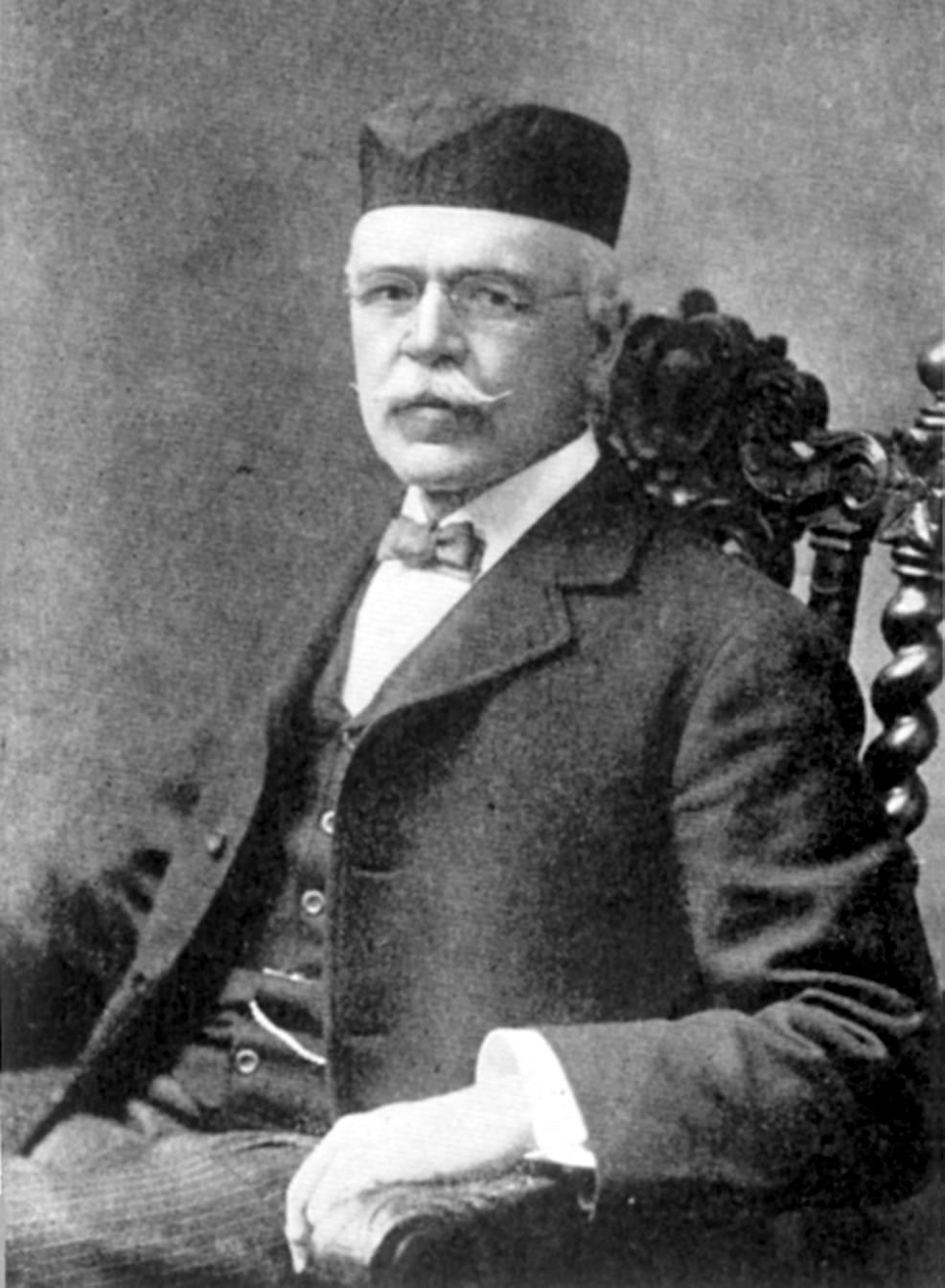Attributed to Henry R. Towne in: William Kent (1914) Investigating an Industry, p. 3-4
Comment: William Kent mentions the "The Engineer as an Economist," (1886) as the source.
Famous Henry R. Towne Quotes
Attributed to Henry R. Towne in: William Kent (1914) Investigating an Industry: A Scientific Diagnosis of the Diseases of Management, p. 3
Comment: William Kent mentions the "The Engineer as an Economist," (1886) as the source.
Source: "The Engineer as an Economist," 1886, p. 428-9
Lead paragraph
Industrial Engineering, 1905
Henry R. Towne, in: Frank Barkley Copley, Frederick W. Taylor, father of scientific management https://archive.org/stream/frederickwtaylor01copl, 1923. p. xii.
Henry R. Towne Quotes
Source: "The Engineer as an Economist," 1886, p. 428; Lead paragraph
Self cited in: Henry R. Towne in Foreword to the 1911 editions of: F.W. Taylor Shop management; a paper read before the American society of mechanical engineers New York. 1903/1911.
Context: The monogram of our national initials, which is the symbol for our monetary unit, the dollar, is almost as frequently conjoined to the figures of an engineer's calculations as are the symbols indicating feet, minutes, pounds, or gallons. The final issue of his work, in probably a majority of cases, resolves itself into a question of dollars and cents, of relative or absolute values. This statement, while true in regard to the work of all engineers, applies particularly to that of the mechanical engineer, for the reason that his functions, more frequently than in the case of others, include the executive duties of organizing and superintending the operations of industrial establishments, and of directing the labor of the artisans whose organized efforts yield the fruition of his work.
Source: "The Engineer as an Economist," 1886, p. 428; Second paragraph
Context: To insure the best results, the organization of productive labor must be directed and controlled by persons having not only good executive ability, and possessing the practical familiarity of a mechanic or engineer with the goods produced and the processes employed, but having also, and equally, a practical knowledge of how to observe, record, analyze and compare essential facts in relation to wages, supplies, expense accounts, and all else that enters into or affects the economy of production and the cost of the product. There are many good mechanical engineers; — there are also many good " businessmen;"— but the two are rarely combined in one person. But this combination of qualities, together with at least some skill as an accountant, either in one person or more, is essential to the successful management of industrial works, and has its highest effectiveness if united in one person, who is thus qualified to supervise, either personally or through assistants, the operations of all departments of a business, and to subordinate each to the harmonious development of the whole.
Self cited in: Henry R. Towne in Foreword to the 1911 editions of: F.W. Taylor Shop management; a paper read before the American society of mechanical engineers New York. 1903/1911.
Industrial Engineering, 1905
Context: The dollar is the final term in almost every equation which arises in the practice of engineering in any or all of its branches, except qualifiedly as to military and naval engineering, where in some cases cost may be ignored. In other words, the true function of the engineer is, or should be, not only to determine how physical problems may be solved, but also how they may be solved most economically. For example, a railroad may have to be carried over a gorge or arroyo. Obviously it does not need an engineer to point out that this may be done by filling the chasm with earth, but only a bridge engineer is competent to determine whether it is cheaper to do this or to bridge it, and to design the bridge which will safely and most cheaply serve, the cost of which should be compared with that of an earth fill. Therefore the engineer is, by the nature of his vocation an economist. His function is not only to design, but also so to design as to ensure the best economical result. He who designs an unsafe structure or an inoperative machine is a bad engineer; he who designs them so that they are safe and operative, but needlessly expensive, is a poor engineer, and, it may be remarked, usually earns poor pay; he who designs good work, which can be executed at a fair cost, is a sound and usually a successful engineer; he who does the best work at the lowest cost sooner or later stands at the top of his profession, and usually has the reward which this implies.
Henry R. Towne. "Gain Sharing," Paper presented at the May, 1889, meeting of the American Society of Mechanical Engineers; Quoted in: Hugo Diemer, Factory organization and administration. 1921, p. 375-6
